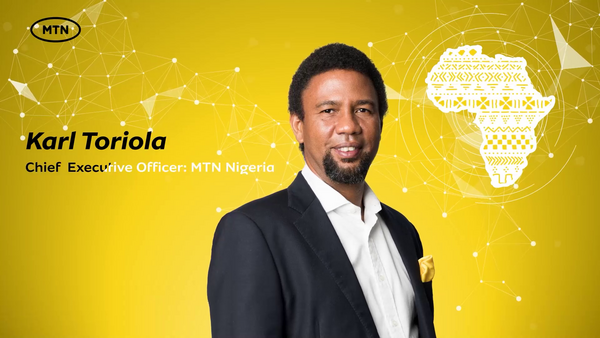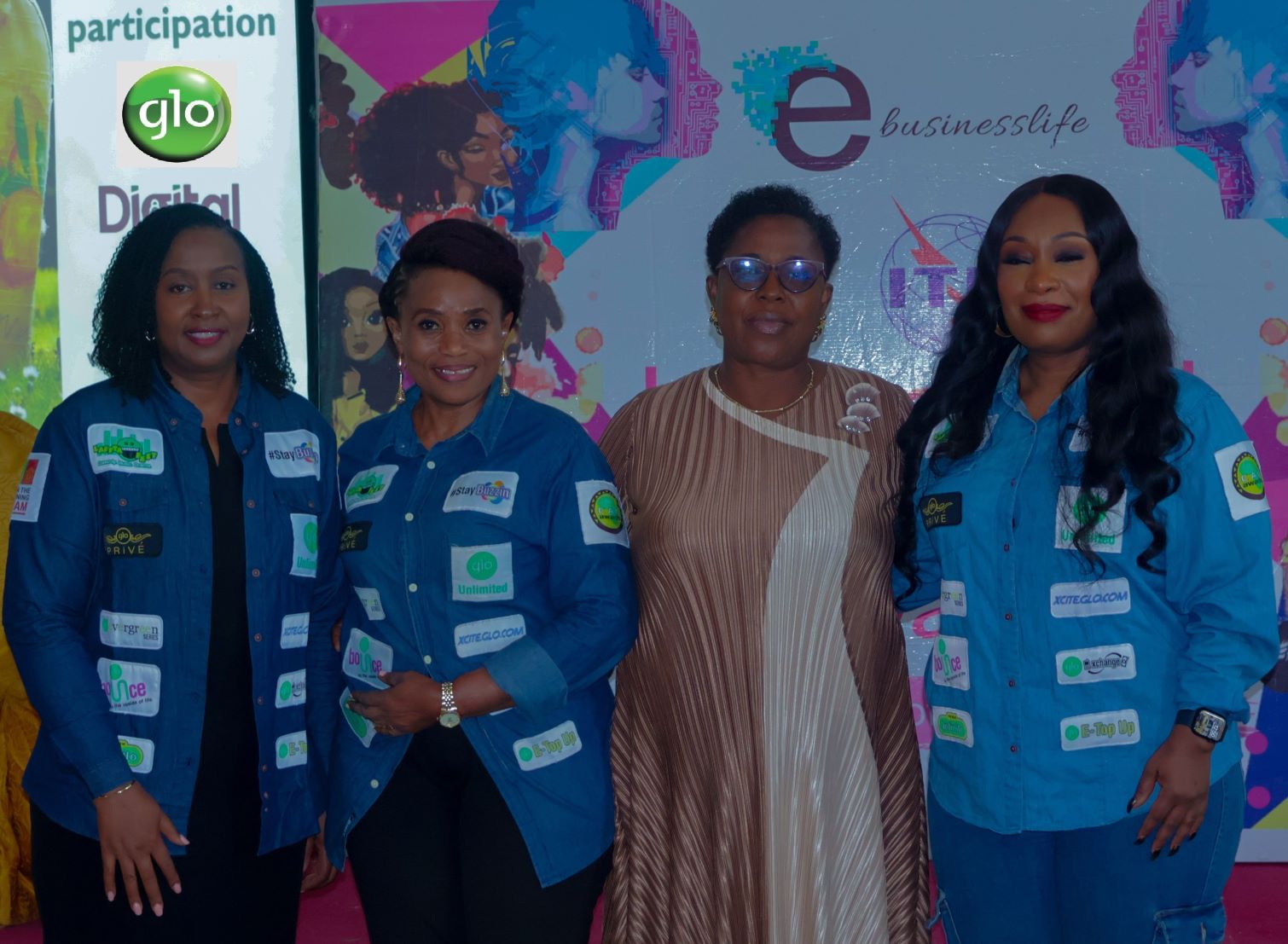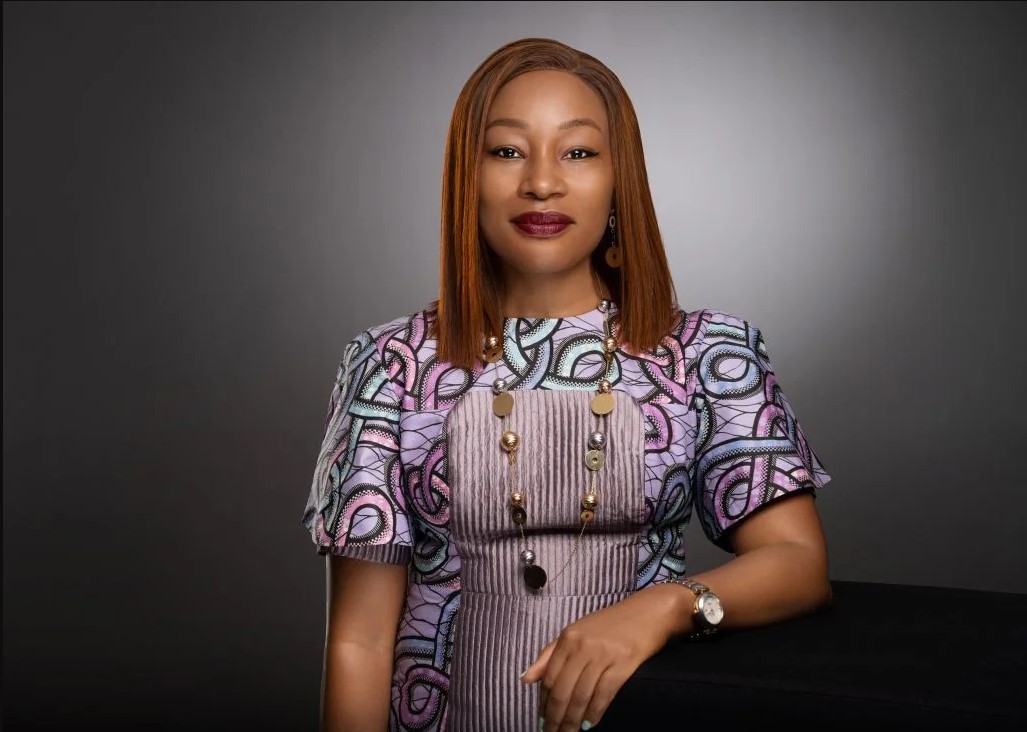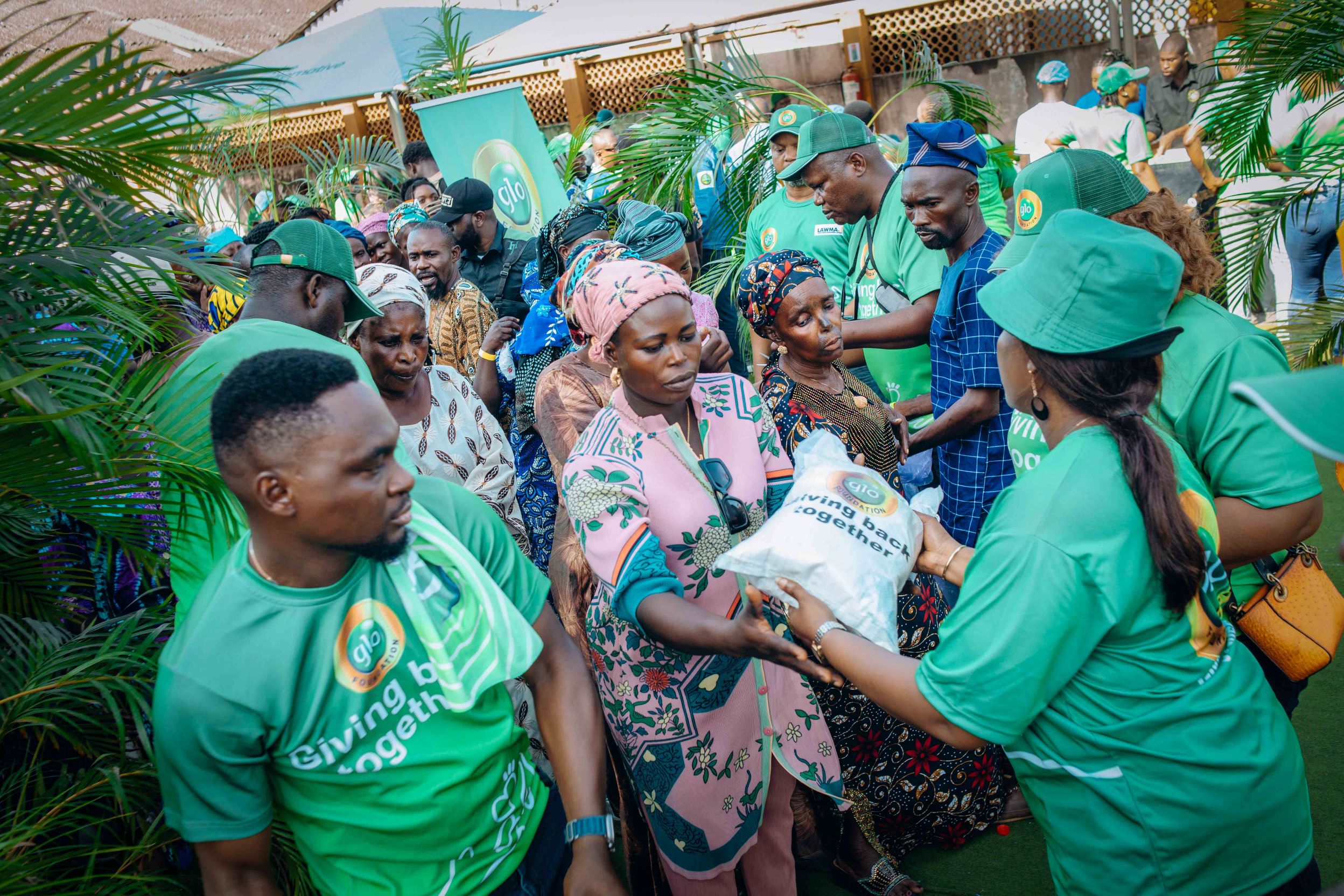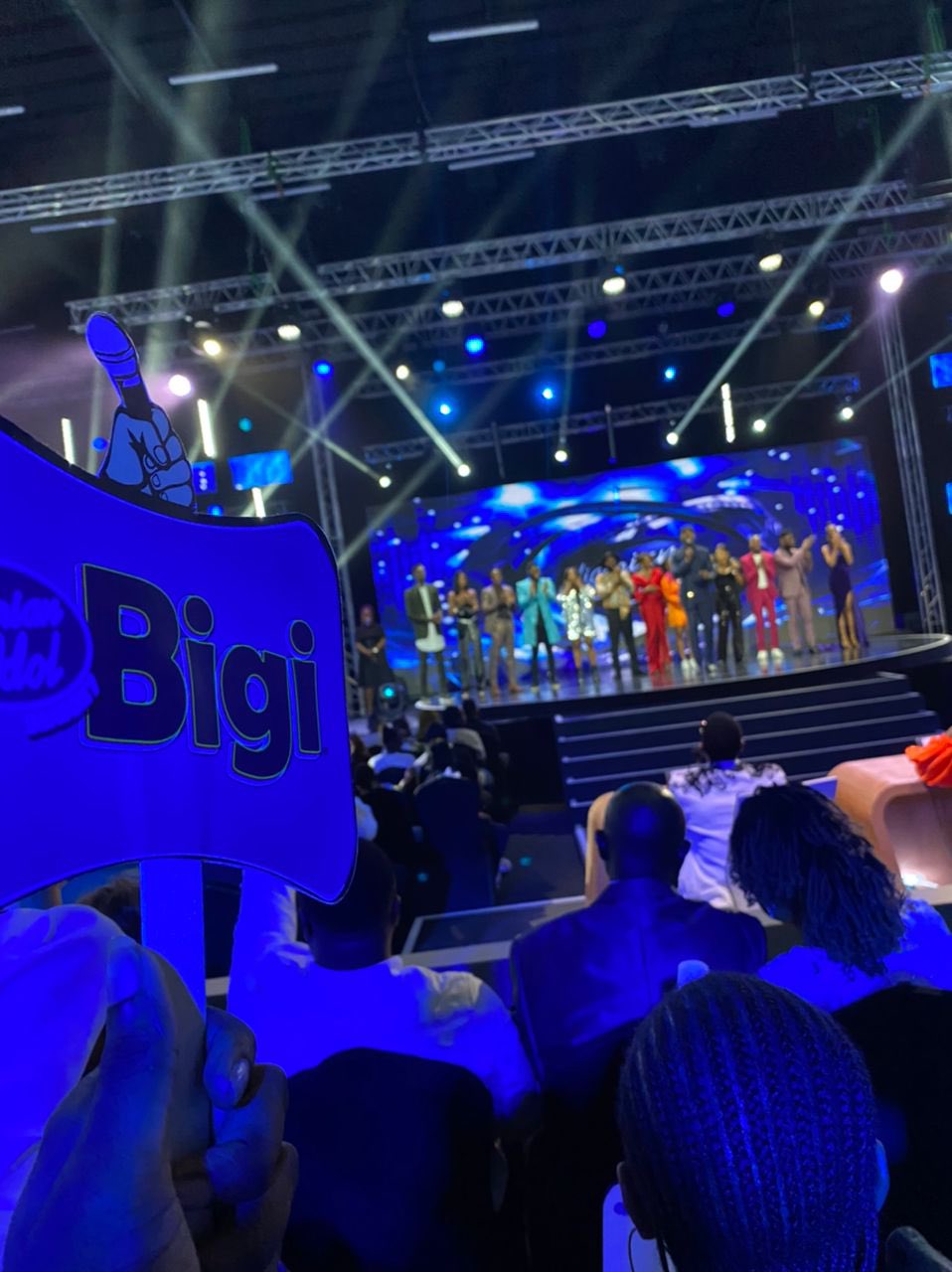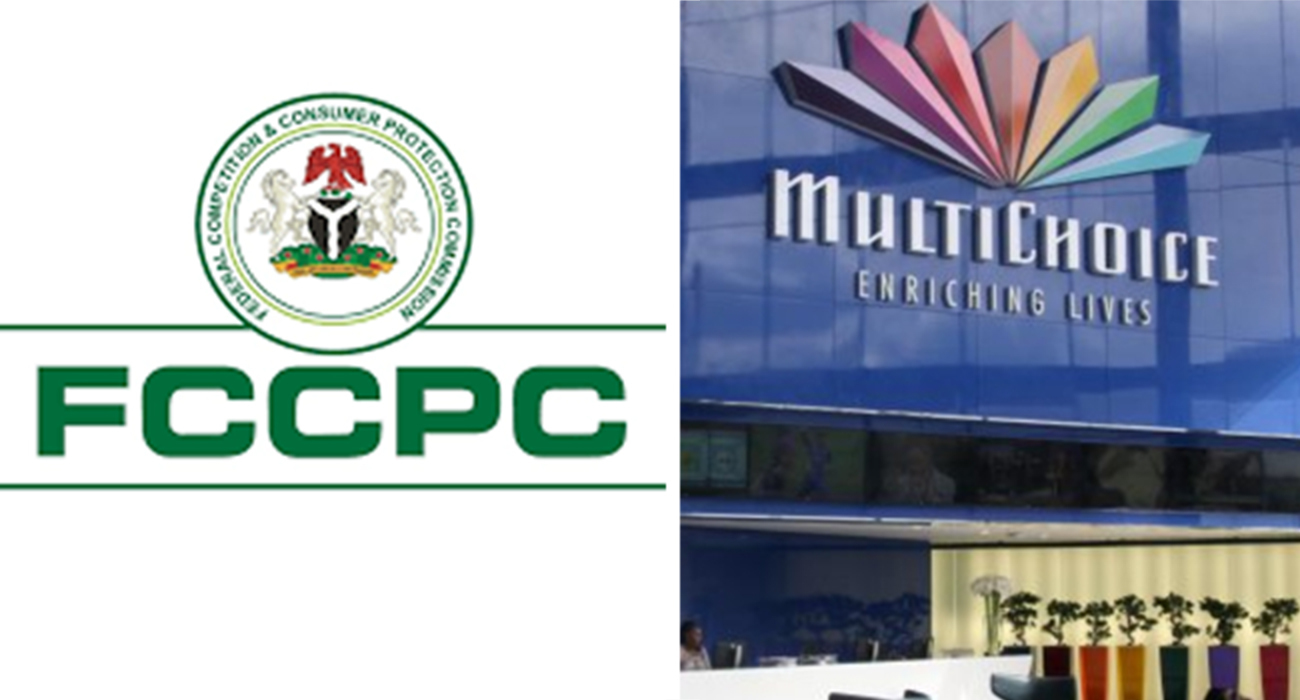Experts Link Nigeria’s Digital Switchover Woes To Corruption

Corruption has been identified as the main obstacle to the country’s planned migration from the analogue to digital broadcasting platform.
The process, better known as Digital Switchover (DSO), since 2016, has rolled out in seven states, after two failed attempts in 2012 and 2015. However, it has run into a wall.
While broadcast industry experts acknowledge that technological, financial and legislative hurdles to successful DSO implementation persist, they believe that graft in the management of the process is the greatest hurdle which has also affected its other components.
A broadcast engineer, Justus Attoh Akende, underlined the current prosecution of top management staff of the National Broadcasting Commission (NBC) and a firm by the Independent Corrupt Practices and Other Related Offences Commission (ICPC) over an allegedly fraudulent release of N2.5billion to a private company. The matter in which were charged before the Federal High Court, Abuja, on 21 January, relates to the 2016 release of N10 billion to the Ministry of Information and Culture for the DSO.
Akende explained that the DSO guidelines, provided by a Federal Government Whitepaper, directed that the process be exclusively managed by companies affiliated to the Federal Government. Based on the guidelines, two companies were nominated for the purpose.
One of is the Nigerian Television Authority (NTA)-affiliated ITS, which got a seed grant of N1.7 billion for the commencement of the DSO. But against the guidelines, a private company, surfaced and was handed N2.5billion as seed grant, prompting many stakeholders to petition the ICPC, alleging that firm is ineligible, as it is not affiliated to the government.
The ICPC said its investigation into the allegations showed that the firm was recommended to the Minister of Information and Culture by NBC. An ICPC statement by its spokesperson, Rasheedat Okoduwa, said the N2.5 billion was paid into the firm’s account in May/June, 2017 for the DSO.
The agency added that the NBC chief failed to adequately explain his decision to ignore the provisions of the guidelines and release of funds to an ineligible company.
ICPC said the firm’s chief confirmed the release of the money to his company, but could not justify how it was used for the DSO.
The ICPC equally said N100 million of the N2.5billion was paid into the firm chief’s personal bank account, which he claimed was for legal services rendered to the company he works for.
Also, N450 million was also found to have been transferred into the account of a bureau de change for conversion into dollars, physically delivered to the firm’s chief.
The trio have denied allegations of misapplication of funds and graft, with the NBC chief claiming that petitions against him were instigated by a pay-television company is threatened by looming industry ecosystem change.
The firm is claiming that that the award of nationwide terrestrial pay-television licence to some operators, which allows them to distribute content and signal simultaneously, violates the DSO guidelines and was done without due process.
Abuja-based engineer Ciroma Yagba, who is familiar with the issue, pointed to the commission’s letter to Details Nigeria Limited, owners of GOtv, as evidence of NBC’s endorsement of the firm’s claim.
In the letter, entitled, “White Paper on the Transition from Analogue to Digital Terrestrial Broadcasting in Nigeria,” the NBC stated that the functions of the broadcasting content provider and the broadcast signal distributor have been split, directing GOtv to remain only a content provider, while Pinnacle Communications limited function as the signal carriage platform.
Yagba contended that the split was against the existing legislative and regulatory framework, which permits Digital Terrestrial Television (DTT) operators to carry out both functions.
An anonymous expert also described the stance of the whitepaper as inappropriate. For example, he explained, Details paid the NBC N2 billion for a nationwide five-year licence issued on 26 March 2014 and has invested over N25 billion in its DTT network, which covers 52 cities, a capacity Pinnacle does not have.
He recalled that following the NBC’s invitation for bids for signal distribution licence on 20 March, 2014, Pinnacle applied and was selected as the private broadcast signal distribution company for which it paid about N600 million as fee for a 15-year provisional licence in September 2014.
“The licence demands that Pinnacle provide nationwide carriage of the signals of all Free to Air (FTA) broadcasters in Nigeria in exchange for a carriage fee,” he said.
But Pinnacle, he noted, was dissatisfied with the terms of the licence granted to it and instituted a suit against NBC and other DTT operators at the Federal High Court in November 2014. Pinnacle claimed that the whitepaper was what regulates DSO and that prior to it, broadcasters could distribute content and carry signal simultaneously.
However, with the whitepaper, it argued that no single broadcast entity can combine both functions, a position the expert described as false.
“The position is incorrect. Although the White Paper envisages a new ecosystem for FTA terrestrial broadcasters, the existing provisions of the NBC Act and Code are the broadcasting legislation currently in force in the country. The whitepaper provisions are merely statements of government’s proposed new policy framework, which have no binding legal effect,” he said.
In the same vein, a player in the digital migration landscape, Polycarp Nwachukwu, argued that a policy document only sets out a guiding philosophy, outlines what a functionary hopes to achieve and methods required.
He stated: “As a policy document, the whitepaper is not a law and has no binding legal effect. Indeed, the NBC issued the 5th Edition of its Code after the Whitepaper and the Code did not give effect to the Whitepaper’s proposals (and could not have done so in the absence of a legislative amendment to the NBC Act),” he said. Notably, he added, the code was specifically reviewed with due regard to digital migration.
“The broadcasting activities which, in terms of the NBC Act and the Code, require a licence, and which Details is authorised to provide, are the transmission of programmes for reception by the public.
“It is, therefore, clear that pay-DTT operators are authorised to distribute the signals comprising DTT broadcasting service, in accordance with the legislative and regulatory framework in force.
“It is also important to note that Details licence is distinct from signal distribution licence. As a pay-television DTT broadcasting service provider, Details’ primary business is the sale of subscriptions of its pay-television service to the public. Conversely, the core business of a signal carrier is the provision of signal distribution services to licensed broadcasters, not the general public.
”By transmitting the signals comprising its pay TV DTT broadcasting service, Details is accordingly acting within the scope of its licence, the NBC Act and the Code.”
In 2016, Pinnacle announced that it had reached an out-of-court settlement with NBC and the ministry. But the details of settlement were never made public and after many adjournments, made at the instance of Pinnacle to enable it to finalise a settlement with NBC, the court struck out the matter in March 2017.
Yagba explained that the NBC may have granted Pinnacle the licence because it was persuaded of its capacity to perform. An NBC source, however, disclosed that when Pinnacle commenced operations in December 2016 with carriage of FTA digital terrestrial transmissions at the DSO launch in Abuja, it only managed to achieve minimal signal coverage in Abuja and Kaduna, an indication that despite its inadequate facilities, the NBC wants it paid by broadcasters such as StarTimes and GOtv for the carriage of their signals.
Culled from The Guardian




